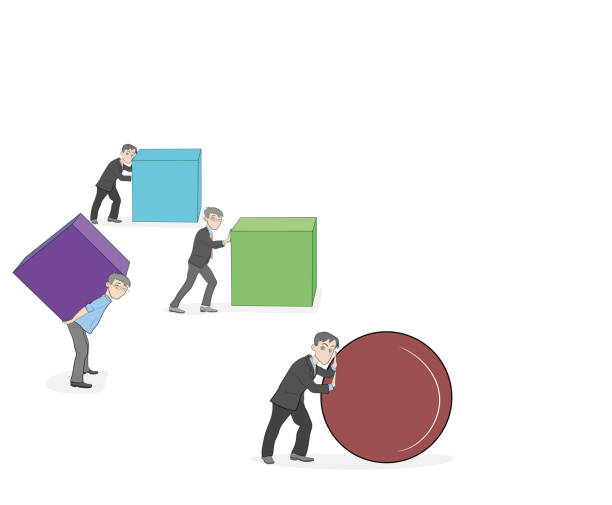The structure of the first hour after waking plays a significant role in shaping cognitive performance, emotional regulation and task efficiency throughout the remainder of the day. While morning routines vary widely, the early hours present an opportunity to make deliberate decisions that influence focus, productivity and wellbeing.
This section outlines practical strategies for optimising the first hour of your day, based on principles of time management, behavioural psychology and task prioritisation.
-
Begin with Nutritional Intake
Although caffeine may enhance alertness, the brain also requires nutritional sustenance following several hours of fasting. Prioritising a small but balanced meal, such as yoghurt, fruit, or whole grains, supports concentration and cognitive function. Beginning work on an empty stomach often leads to irritability, reduced attention span and impaired decision-making.
-
Avoid Starting with Email
Checking email immediately upon waking is a common habit, yet it frequently leads to cognitive overload. The inbox often contains a high volume of requests, tasks and ongoing threads, each requiring mental effort to process. Engaging with these communications too early may lead to fatigue or reactive decision-making.
A more effective approach involves briefly scanning for urgent items and deferring detailed responses until after the day’s primary tasks have been addressed. This reduces attention fragmentation and preserves energy for more complex work.
-
Review Long-Term Goals and Commitments
Taking time to review the broader context of your work and responsibilities can improve daily planning. Consider upcoming deadlines, long-term objectives and personal values. This broader perspective can help clarify which tasks are truly essential, rather than simply urgent.
By aligning immediate actions with strategic goals, decision-making becomes more structured and intentional.
-
Establish a Prioritised Task List
Creating a task list with specific time allocations can improve task execution and reduce mental clutter. Assigning time constraints to each item on the list helps maintain focus and reduces the likelihood of overcommitting.
For those managing multiple projects simultaneously, setting milestone-based endpoints, rather than fixed durations, can provide a logical and productive stopping point, making it easier to transition between tasks without loss of continuity.
-
Incorporate a Non-Work Activity
Engaging in an enjoyable or non-work-related activity at the beginning of the day may support emotional regulation and reduce perceived pressure. Activities such as light exercise, reading, drawing, or listening to music can contribute to a more composed and reflective start.
Allocating even 15–20 minutes to such an activity may enhance mood, stabilise energy levels and reduce stress later in the day.
-
Evaluate and Adjust Your Routine
Routine effectiveness is best assessed through observation and iteration. Experimenting with different strategies, such as altering the sequence of tasks or introducing periods of reflection, can help identify patterns that support or hinder performance.
Maintaining a simple record of daily energy levels, stress markers and task completion can assist in evaluating the impact of morning routines. Over time, this evidence-based approach allows for refinement and the development of habits tailored to individual needs and professional demands.
The early hours of the day are among the most influential for setting patterns of attention, task prioritisation and emotional steadiness. By structuring this time thoughtfully through nutrition, goal review and purposeful activity, individuals are better equipped to manage the demands of the day with clarity and efficiency.

Elena Eleftheriadou is an Executive Coach and Integrative Therapist with a purpose and passion to help people communicate more effectively, diminish stress and anxiety and prevent burnout to improve their work-life balance.

